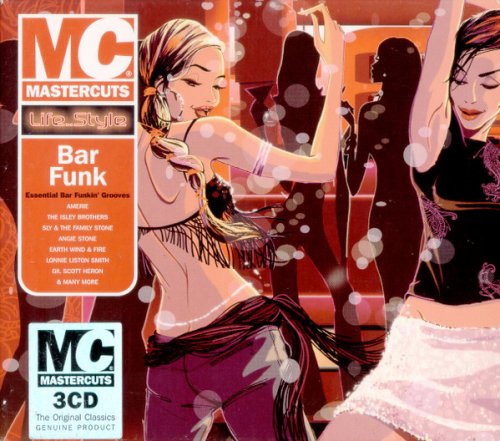Sir Thomas Beecham - Handel: Solomon - Love in Bath (2005)
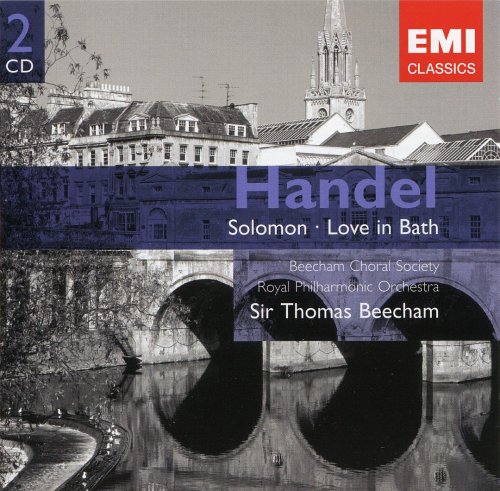
Artist: Sir Thomas Beecham
Title: Handel: Solomon - Love in Bath
Year Of Release: 2005
Label: Warner Classics / EMI Records
Genre: Classical
Quality: FLAC (image + .cue, log, scans)
Total Time: 2:30:35
Total Size: 793 MB
WebSite: Album Preview
Tracklist:Title: Handel: Solomon - Love in Bath
Year Of Release: 2005
Label: Warner Classics / EMI Records
Genre: Classical
Quality: FLAC (image + .cue, log, scans)
Total Time: 2:30:35
Total Size: 793 MB
WebSite: Album Preview
CD1
Solomon, oratorio, HWV 67:
01. Overture
02. Part I: Your harps and cymbals sound (Chorus of Priests)
03. Recitative: Almighty Power, who rul'st the earth and skies (Solomon)
04. With pious heart and holy tongue (Chorus of Priests)
05. Recitative: Imperial Solomon, thy prayers are heard (Zadok)
06. Air: Sacred raptures cheer my breast (Zadok)
07. Recitative: Blest be the Lord (Solomon)
08. Air: What though I trace each herb and flower (Solomon)
09. Air: Bless'd the day (Queen)
10. Recitative: Thou fair inhabitant of Nile (Solomon, Queen)
11. Duet: Welcome as the dawn of day (Solomon, Queen)
12. Recitative: When thou art absent from my sight (Queen)
13. Air: With thee the unsheltered moor I'd tread (Queen)
14. Recitative: My blooming fair, come, come away (Solomon)
15. May no rash intruder disturb their soft hours (Chorus)
16. Sinfonia
17. Recitative: From Arabia's spicy shores (Queen of Sheba, Solomon)
18. Air: Ev'ry sight these eyes behold (Queen of Sheba)
19. Recitative: Sweep, sweep the string to soothe the royal fair (Solomon)
20. Solo and Chorus: Music, spread thy voice around (Solomon, Israelites)
21. Air and Chorus: Now a diff'rent measure try (Solomon, Israelites)
22. Recitative: Then, at once, from rage remove (Solomon, Chorus of Israelites)
23. Recitative: Next the tortured soul release (Solomon)
24. Thus rolling surges rise (Chorus)
25. Recitative: Thy harmony's divine, great King! (Queen of Sheba)
26. Part II: From the censer curling rise (Chorus)
27. From the East unto the West (Chorus of Israelites)
CD2
01. Recitative: Thrice happy King! (Zadok)
02. Air: Golden columns, fair and bright (Zadok)
03. Air: Beneath the vine (First Harlot)
04. Recitative: Gold now is common on our happy shore (Solomon)
05. Air: How green our fertile pastures look! (Solomon)
06. Swell the full chorus to Solomon's praise (Chorus of Priests)
07. Recitative: May peace in Salem ever dwell (Queen of Sheba)
08. Air: Will the sun forget to streak (Queen of Sheba)
09. Recitative: Adieu, fair Queen (Solomon)
10. Praise the Lord (Chorus)
Love in Bath (Handel), suite for orchestra:
11. 1. The Pump Room
12. 2. Beau Nash
13. 3. The Linleys
14. 4. Hunting Dance
15. 5. Love Scene
16. 6. The Quuarrel
17. 7. The Pump Room (reprise)
18. 8. The Plot
19. 9. The Weary Flunkeys
20. 10. The Exquisites (Madrigal)
21. 11. Second Love Scene
22. 12. March
23. 13. Sarabande
24. 14. Minuet
25. 15. Hornpipe
26. 16. Rondeau
27. 17. Gigue
28. 18. March (represe)
29. 19. Interlude
30. 20. Serenade (Ilse Hollweg, soprano)
31. 21-22. The Elopement – Discovery – Finale
Conductor Sir Thomas Beecham was born into wealth; his father, Sir Joseph Beecham, was the manufacturer of "Beecham's Pills," an all-purpose remedy very popular in Britain. More importantly, though, Sir Joseph was also a lover of music and exposed his son to it from an early age; happily, he raised no objection to Thomas' pursuit of a musical career.
After both formal and autodidactic training, Beecham made his professional debut as a symphony conductor in 1905 with members of the Queen's Hall Orchestra. When he wanted an orchestra to conduct full time, he simply used the resources of the family fortune to start one, which he led for a number of years. In 1910 Beecham began producing operas as a private impresario; he brought to the stage the British premieres of Strauss' Salome and Elektra, and operas by Delius. He founded the Beecham Opera Company, mainly made of British singers, in 1915.
However, even a fortune the size of his could not keep pace with the expenses of such activities. He was declared bankrupt in 1919 and withdrew from music to put his financial affairs into order. Having recovered by 1923, he returned to the podium, and his conducting career soon flourished. In 1928 he made his American debut with the New York Philharmonic; characteristic of his championing of Delius, he founded a festival dedicated to the music of that composer in 1929.
In 1932, Beecham, dissatisfied with the standards of the orchestral scene, founded the London Philharmonic Orchestra, staffing it with the finest players. It quickly became a top-rank ensemble and successfully toured the Continent. He became artistic director at Covent Garden in 1932, and ruled there in his customary autocratic manner. When the war began, Beecham toured the United States and Australia. He was appointed music director and conductor of the Seattle Symphony Orchestra (1941-1943) and was a frequent guest conductor at the Metropolitan Opera Company until he returned to England in 1944.
Upon his arrival in England, Beecham discovered that the orchestras there weren't overly enthusiastic at the prospect of working permanently in proximity to his withering tongue and dictatorial manner. Even the London Philharmonic Orchestra, with a new charter that permitted it to make some of its own decisions, showed little interest in having him at the helm full-time. So, typically, Beecham founded a new orchestra in 1946 -- the Royal Philharmonic Orchestra -- and maintained his relationship with this group for the remainder of his career.
Beecham had already made a notable number of recordings before World War II. With the coming of the LP record after the war, and into the beginning of the stereo era, he recorded frequently. His recordings of Mozart, Haydn, Handel (he did not like Bach), Delius, Mendelssohn, Berlioz, and Sibelius are particularly esteemed; his recordings of Carmen and Madama Butterfly remain classics. -- Joseph Stevenson
After both formal and autodidactic training, Beecham made his professional debut as a symphony conductor in 1905 with members of the Queen's Hall Orchestra. When he wanted an orchestra to conduct full time, he simply used the resources of the family fortune to start one, which he led for a number of years. In 1910 Beecham began producing operas as a private impresario; he brought to the stage the British premieres of Strauss' Salome and Elektra, and operas by Delius. He founded the Beecham Opera Company, mainly made of British singers, in 1915.
However, even a fortune the size of his could not keep pace with the expenses of such activities. He was declared bankrupt in 1919 and withdrew from music to put his financial affairs into order. Having recovered by 1923, he returned to the podium, and his conducting career soon flourished. In 1928 he made his American debut with the New York Philharmonic; characteristic of his championing of Delius, he founded a festival dedicated to the music of that composer in 1929.
In 1932, Beecham, dissatisfied with the standards of the orchestral scene, founded the London Philharmonic Orchestra, staffing it with the finest players. It quickly became a top-rank ensemble and successfully toured the Continent. He became artistic director at Covent Garden in 1932, and ruled there in his customary autocratic manner. When the war began, Beecham toured the United States and Australia. He was appointed music director and conductor of the Seattle Symphony Orchestra (1941-1943) and was a frequent guest conductor at the Metropolitan Opera Company until he returned to England in 1944.
Upon his arrival in England, Beecham discovered that the orchestras there weren't overly enthusiastic at the prospect of working permanently in proximity to his withering tongue and dictatorial manner. Even the London Philharmonic Orchestra, with a new charter that permitted it to make some of its own decisions, showed little interest in having him at the helm full-time. So, typically, Beecham founded a new orchestra in 1946 -- the Royal Philharmonic Orchestra -- and maintained his relationship with this group for the remainder of his career.
Beecham had already made a notable number of recordings before World War II. With the coming of the LP record after the war, and into the beginning of the stereo era, he recorded frequently. His recordings of Mozart, Haydn, Handel (he did not like Bach), Delius, Mendelssohn, Berlioz, and Sibelius are particularly esteemed; his recordings of Carmen and Madama Butterfly remain classics. -- Joseph Stevenson
Related Releases:
![Hyper Elastic Jinx - We Vote Force Majeure (2026) [Hi-Res] Hyper Elastic Jinx - We Vote Force Majeure (2026) [Hi-Res]](https://www.dibpic.com/uploads/posts/2026-02/1771485115_cover.jpg)
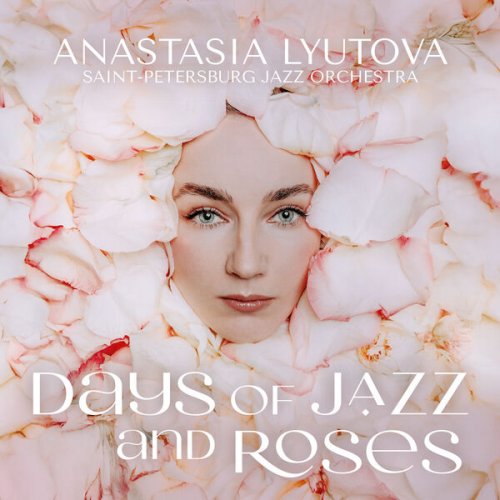
![Kento Tsubosaka - Lines (2026) [Hi-Res] Kento Tsubosaka - Lines (2026) [Hi-Res]](https://www.dibpic.com/uploads/posts/2026-02/1771391986_zw4gprxc9nex6_600.jpg)
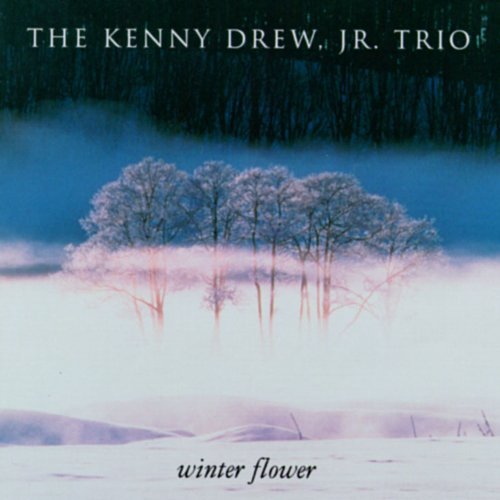
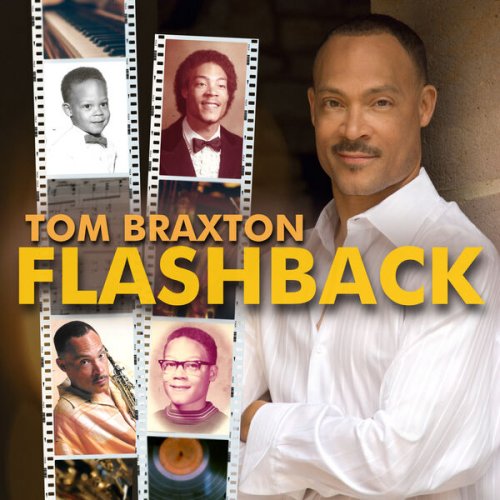

![Meinild/Anderskov/Tom - Spectral Entanglements (2023) [Hi-Res] Meinild/Anderskov/Tom - Spectral Entanglements (2023) [Hi-Res]](https://www.dibpic.com/uploads/posts/2026-02/1771491474_hl116k2q9n24a_600.jpg)
